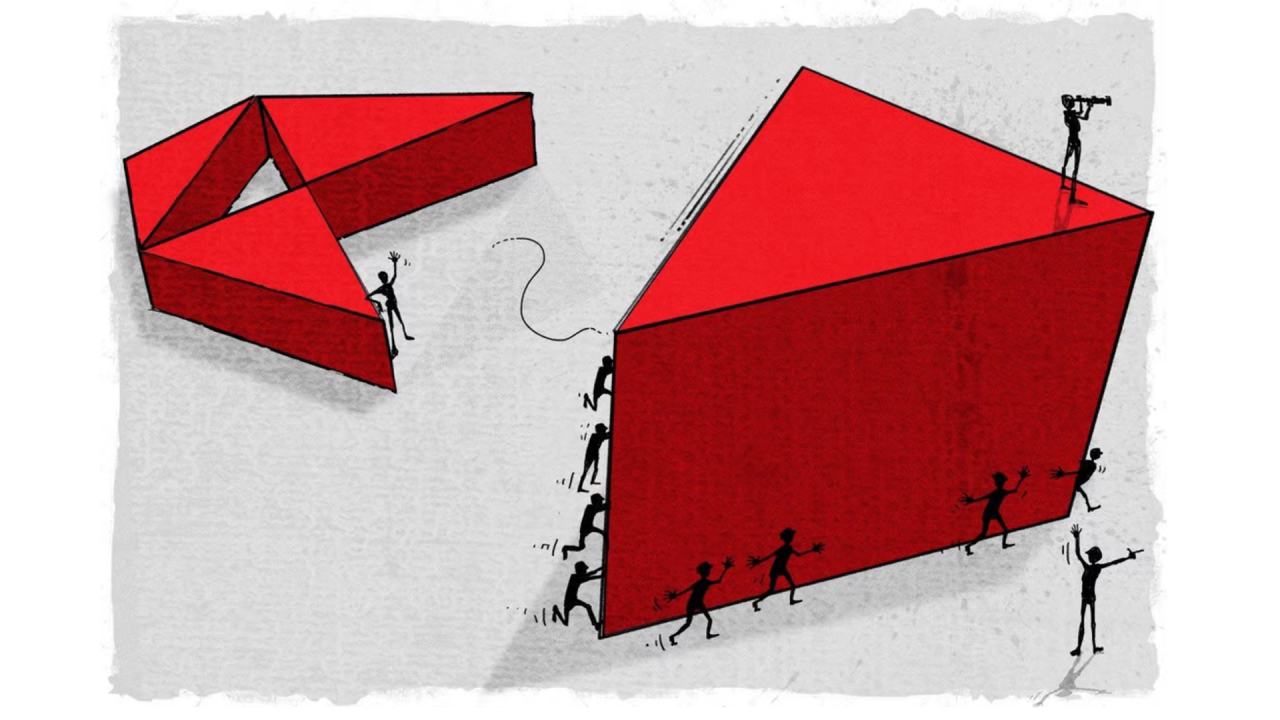
Minority HSBC shareholder group seeks vote on dividends, Asia restructuring reporting
- Group seeks return of dividend to pre-pandemic levels, quarterly report on efforts to increase value of Asia business, including spin-off
- Shareholder resolutions follow Ping An campaign pressuring HSBC to spin off its Asian business
Ken Lui Yu-kin, the leader of the “Spin Off HSBC Asia Concern Group”, said he has submitted two resolutions to the London-based bank and asked that shareholders be allowed to vote on them at the bank’s May 3 annual general meeting.
“Those 100 gathered shareholders have already submitted the required information in the hope that HSBC will accept the resolutions and not abuse the process, and eventually implement them correspondingly according to the voting results”, he said.
The resolutions call for HSBC to pay an annual dividend of at least 51 cents a share – its pre-pandemic level – and provide a quarterly report on its plan to increase the value of its Asian businesses, “including but not limited to spinning off, strategic reorganisation and restructuring its Asia businesses”.
It marks the latest push by shareholders of HSBC to consider separating the Asian business, which accounts for the bulk of its pre-tax profit.
“As with any proposed shareholder-requisitioned resolution, the shareholders will need to demonstrate that the requisition is valid before it can be formally accepted”, a HSBC spokesperson said. “We will respond at the appropriate time”.
The bank’s management has argued that it generates much of its business through its international network connecting capital between East and West and would require creating an entirely separate information technology network for the spun off business at great expense. The bank operates in 63 countries and territories worldwide.
Lui said that he has not contacted Ping An regarding the proposed shareholder resolutions, but will seek to meet with major shareholders, such as Ping An and BlackRock, when HSBC formally adds his proposals to the agenda for the annual meeting. .
Lui is a “substantial” shareholder in Legendary Group Limited, owning 8.35 per cent of the Hong Kong company, according to the company’s most recent quarterly filing in February.
“I cannot stop Ping An from buying shares in the company [Legendary],” Lui said. “They did not inform me before buying the shares from the stock market. My proposal is not related to [Ping An’s] investment.”
Much of the shareholder frustration stems from HSBC cancelling its final dividend for 2019 and suspending its dividend in 2020 at the request of its chief regulator in Britain over concerns about the economic effects of the coronavirus pandemic. The bank also has found itself regularly caught in political firestorms in recent years between Beijing and Western governments.
As part of its annual results announcement in February, HSBC said it would establish a dividend payout ratio of 50 per cent for 2023 and 2024, excluding “material significant items”, and consider future share buy-backs.
Lui said the 50 per cent ratio commitment was an improvement, but the bank should guarantee the proposed minimum dividend so minority shareholders can prepare for how much they will receive.
The sale of the Canadian is the latest in a series of divestitures since Noel Quinn became CEO in 2019.



